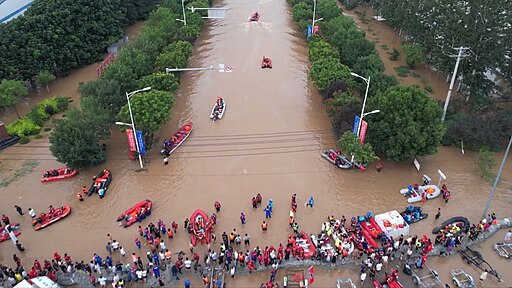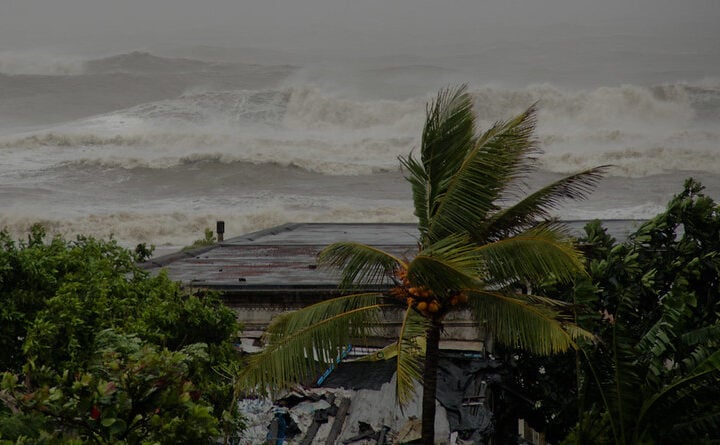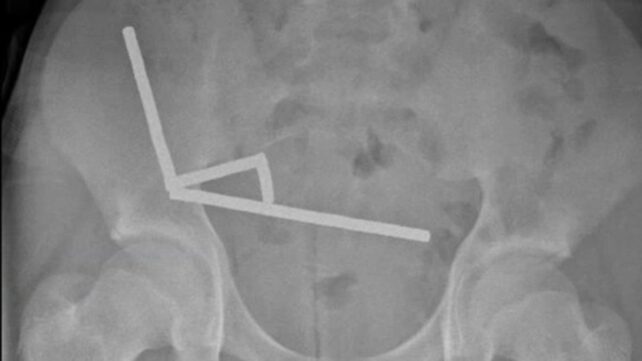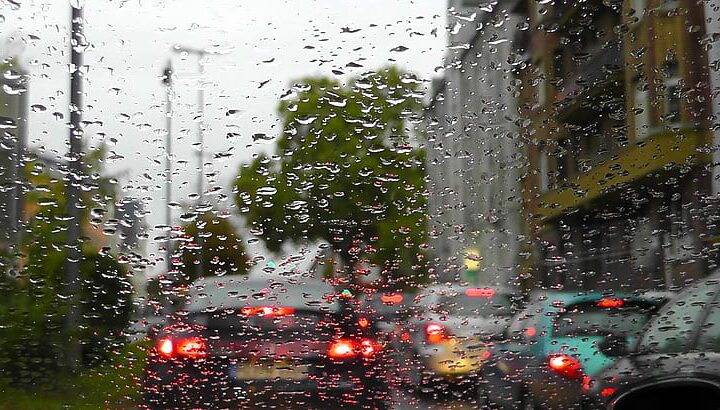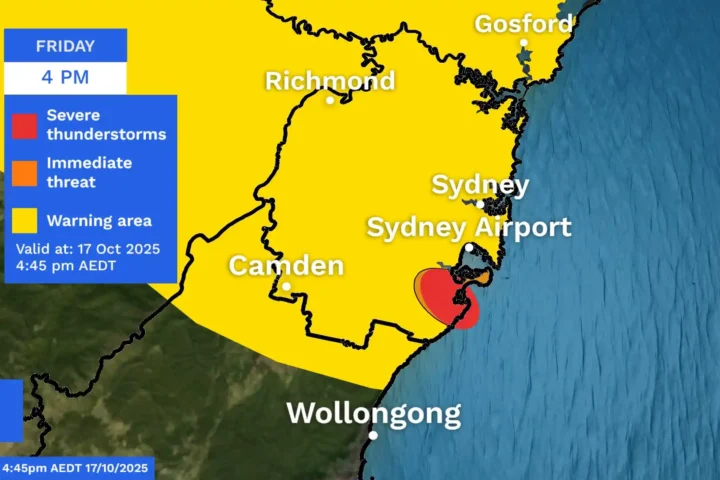A Hepatitis A outbreak has infected more than 2,000 people and caused nine deaths across four European countries since January 2025, triggering warnings for Australian tourists planning summer trips.
The European Centre for Disease Prevention and Control reports a major rise in Hepatitis A cases in Austria, Czechia, Hungary, and Slovakia. While the virus primarily affects vulnerable groups living in poor conditions, tourists visiting these areas face real exposure risks.
Slovakia has recorded 880 cases this year, continuing an outbreak that began in late 2022. Czechia reports 600 cases with six deaths, mainly affecting young children. Hungary has seen 530 infections, mostly in adults, while Austria has logged 87 cases and three deaths – already more than their entire 2024 total. Germany has identified three cases matching the virus strains from neighboring countries.
Hepatitis A spreads when tiny amounts of infected stool enter a person’s mouth. This happens through eating contaminated food, drinking unsafe water, or when infected people handle food without washing their hands. The virus survives on surfaces for months, creating problems in busy tourist areas where many people touch the same things.
The virus can hide in the body for weeks before causing symptoms. When signs appear, they include tiredness, nausea, yellowing skin and eyes, dark urine, stomach pain, and fever. People over 40 face greater danger from the virus, with risks climbing with age. Those with existing liver problems can develop life-threatening complications.
The Interim Australian Centre for Disease Control urges travelers to get vaccinated before visiting these countries. One dose of the Hepatitis A vaccine works within two weeks to protect against infection.
Similar Posts
“Australian travellers should be aware that hepatitis A is highly contagious,” a spokesperson told The Daily Telegraph. “You can get infected after ingesting the virus by eating contaminated raw food, drinking contaminated water, handling soiled items of an infectious person, sharing personal items, or having close contact with someone infected.”
Travelers should wash hands often, drink only sealed bottled water, avoid ice cubes, skip raw or undercooked foods, and wash all fresh produce with safe water. Using water-sterilizing tablets or filtration bottles helps when tap water safety is uncertain.
Health officials have found two related Hepatitis A virus strains moving through these countries, showing the outbreak crosses borders through person-to-person spread rather than happening separately in each location. This means travelers need to be careful no matter which of these European destinations they visit.
The ECDC has started vaccination campaigns for high-risk groups, increased hygiene education, and improved access to clean water in affected areas. Prague has opened temporary vaccination clinics targeting vulnerable populations.

While the outbreak doesn’t mean canceling travel plans, it highlights the importance of health preparations before departure. With summer tourism season underway, health experts recommend seeing a doctor before traveling to Europe to discuss vaccination needs.
For Australians heading to Central Europe this summer, getting a Hepatitis A vaccine could prevent a serious health emergency and ensure their vacation memories remain positive.


